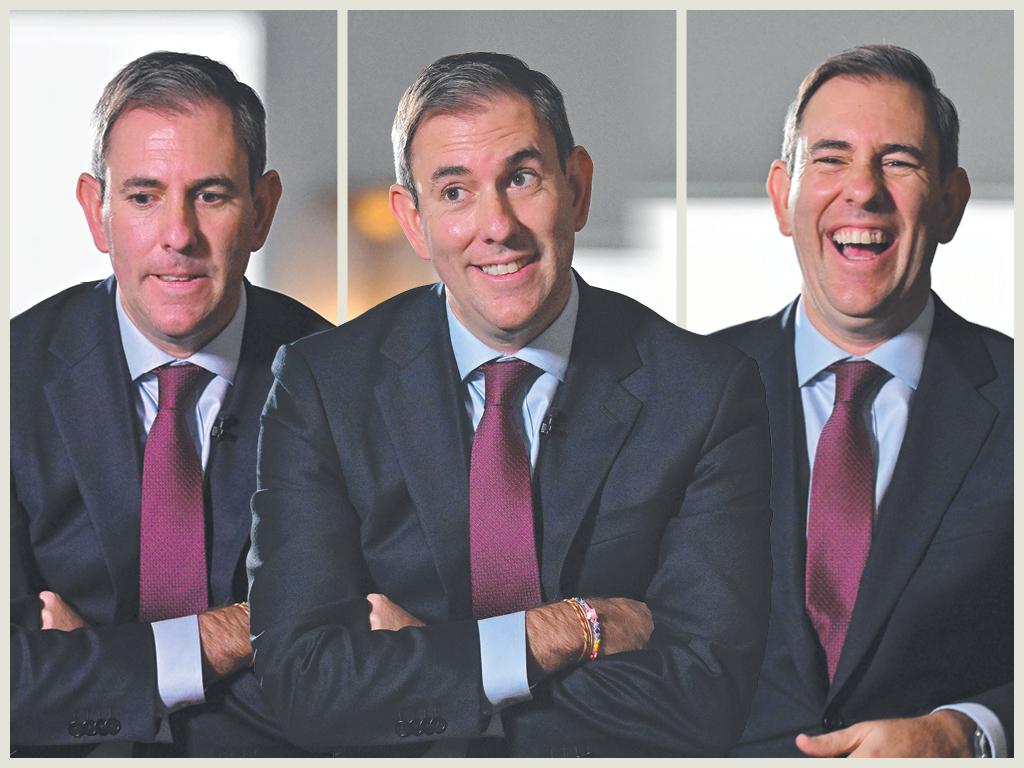
Tuesday’s budget will suggest that it will return to the Reserve Bank of Australia’s inflation target band of 2-3 per cent by Christmas.
The central bank thinks otherwise. And by a significant margin, it would seem.
The difference between the two forecasts, the Treasurer will suggest, is his budget.
The inherent risk is that expectations will again be raised for households, and interest rate cuts will be coming sooner rather than later.
This is a massive roll of the dice on forecasts that even Chalmers admits are rubbery.
If Treasury is right and the RBA is wrong, and most people would hope so, then Chalmers will lay claim to a victory over inflation brought down by responsible management of the budget.
The cruel irony, however, is that for Treasury to be right means less about government spending than it does about the real pain being felt by households.
Chalmers insists, with confidence, that the budget will put downward pressure on inflation, “not upward pressure on inflation”.
“Our budget will be part of the solution to cost-of-living pressures, not part of the problem,” he says.
“Inflation is moderating in welcome ways but it’s not mission accomplished because people are still under pressure.”
Treasury clearly thinks household finances are in much worse shape than the RBA believes, and that families are now doing the hard work on bringing inflation down.
This is presumably based on recent dire retail sales figures.
Chalmers appears to be convinced of this assessment, having often referred to the lag impact of interest rates and the fact that Australian households are only now starting to really feel the pinch of successive hikes.
His view is that it wasn’t the early interest rate rises that were the problem but the later ones, coupled with the fact there are still households yet to come off fixed rates.
If Australians hadn’t budgeted for the shock before, they were doing so now.
But as one economist, who preferred not to poke the bear ahead of the budget, told The Australian: “Whether the RBA is right with its forecasts on inflation or Treasury is right with its forecasts comes down to what happens with demand.
“It seems pretty strange that Treasury will be essentially saying (on Tuesday) that governments are putting more demand into the economy but inflation will be lower.
“The only way that this hangs together is if Treasury believes households have retreated into their foxholes – if families are bunkered down, not spending and feeling much more pain than the RBA has been saying.”
Either way, Treasury’s inflation forecasts – which some may say are, at best, heroic – have set a new economic and political benchmark for the government.
If they are right, then Labor will be rewarded with the political dividends.
But if they are wrong, there will be no escaping blame.
The footnote to all this, however, is Chalmers’ implicit admission that there is so much uncertainty about inflation that forecasts are difficult.
Yet Chalmers appears to have taken the option with the most political risk.
This is one hell of a roll of the dice considering the political consequences of error.







Jim Chalmers could well be setting the government up for a potential political catastrophe ahead of the election if Treasury’s new inflation forecasts are wrong.